Teaching English as a Foreign Language (TEFL) is an exciting path that opens doors to travel, cultural exchange, and making a difference in students’ lives. This beginner’s guide will introduce you to what TEFL is, who it’s for, common teaching methodologies, best practices for new teachers, cultural tips for teaching abroad, and how to get certified or gain experience.
Let’s dive in with a friendly overview to kickstart your TEFL journey!
What Is TEFL and Who Is It For?
TEFL stands for Teaching English as a Foreign Language. It refers to teaching English to learners in countries where English is not the primary language. In practical terms, TEFL means helping non-native speakers improve their English skills, whether you’re teaching children in a school in Spain or adults in an online class.
A TEFL certification is an internationally recognized entry-level credential that qualifies you to teach English abroad.
Who Can Teach English Abroad?
TEFL is ideal for people proficient in English and passionate about teaching and adventure. You don’t need to be a native speaker or have an English degree, but a strong command of English, enthusiasm, and usually a TEFL certificate are required.
TEFL suits recent graduates, career-changers, retirees, or anyone excited to travel and connect with different cultures. Adaptability and willingness to learn are key!
Overview of Common TEFL Teaching Methodologies
Language teaching has evolved over time, and as a new teacher, it helps to know a few key methodologies.
Here are some common TEFL teaching approaches:
- Communicative Language Teaching (CLT): Emphasizes practical, real-life communication, such as making requests or expressing opinions. Fluency and meaning are prioritized over perfect grammar. Mistakes are acceptable if communication is clear, helping build confidence and speaking skills. Activities often include role-playing scenarios, like ordering food.
- Task-Based Learning (TBL): A student-centered approach where learning happens by completing meaningful tasks, like planning an itinerary or solving puzzles. Teachers facilitate while students collaborate and use English practically. TBL, a subset of communicative methods, boosts motivation, engagement, and autonomy.
- Grammar-Translation Method: A traditional method emphasizing grammar rules, vocabulary memorization, and translating sentences between English and the students’ native language. It’s less interactive and seen as outdated for speaking skills, though sometimes used for exam preparation or languages with limited resources.
- Others: There are several other methodologies you’ll encounter.
- The Direct Method (or natural method) uses only the target language (no student L1), focusing on immersion and speaking in English only
- The Audio-Lingual Method drills listening and speaking through repetition and habit formation.
- Total Physical Response (TPR) links language to physical movements – great for young learners to learn through actions (think of acting out verbs)
Many teachers take an eclectic approach, blending techniques to suit the lesson and learners.
Don’t worry about finding one “perfect” method – part of your growth as a teacher is discovering which techniques work best for your students.
Top TEFL Certifications and Teaching Programs for Beginners
Below is a list of recommended TEFL certification courses, teaching internships, and volunteer opportunities for new educators. These programs span online and in-person options, and various regions, to help you get started:
Maximo Nivel offers an internationally recognized 4-week TEFL certification program in Latin America, with monthly start dates in Costa Rica, Guatemala, and Peru. The 150-hour course includes 15+ hours of practical teaching and observation, and is led by highly qualified trainers. Graduates benefit from a guaranteed job placement upon completion, and the certification is accredited and accepted worldwide.
In addition to TEFL courses, Maximo Nivel provides teaching internships and volunteer programs where participants teach English to local students in schools, community centers, and orphanages. Partcipants can even earn university credit for longer placements.
Trending Guidebooks
Volunteering Abroad AFTER the Coronavirus Outbreak
Read 25,994 times2025 Best Internships Abroad: Medical Care, Marine Biology & More
Read 90,026 timesVolunteer in Australia: Animals, Conservation, Ranching and More
Read 49,523 times2025 Best Volunteer Abroad Programs, Organizations, and Projects
Read 3,650,577 times
International TEFL Academy is a world leader in TEFL training, known for its comprehensive courses and global reach. ITA offers accredited TEFL certification classes in 20+ locations worldwide as well as a state-of-the-art online course. With ITA, you receive top-notch teacher training and lifetime job search guidance – they have certified over 40,000 English teachers who now work in 80 countries. All graduates gain an internationally recognized Level 5 qualification.
ITA’s commitment to quality is reflected in its numerous awards and an A+ BBB rating. This is an ideal choice if you want expert training and ongoing support to launch a successful paid teaching career abroad.
International Volunteer HQ (IVHQ) is a leading volunteer organization offering rewarding teaching volunteer programs across more than 32 destinations worldwide, including India, Nepal, Italy, Fiji, Zanzibar, and more.
You can join diverse projects like assisting local educators in kindergarten classrooms in Ubud, Bali, or supporting literacy programs in rural communities of Accra, Ghana. With over 45 different teaching placements available, there’s something suitable for every volunteer, regardless of experience.
TEFL certification isn’t required, though IVHQ does provide discounted online TEFL courses for volunteers interested in gaining additional training. IVHQ’s comprehensive programs include accommodation, meals, orientation sessions, and 24/7 in-country support to ensure a safe and immersive experience.
Intern Abroad HQ specializes in career-focused internships, including education placements that build real-world teaching skills. For example, their English Language Education internship in Seville, Spain, places interns in local schools where they assist experienced teachers in English classes. Interns help plan lessons, lead fun language activities, and support students’ vocabulary development – all while being mentored by professional educators.
Similarly, Intern Abroad HQ’s Teaching & Youth Support internship in Rabat, Morocco lets aspiring educators work with children in kindergartens and primary schools, assisting local teachers and running creative activities. Interns in Morocco are immersed in a diverse classroom environment – perfect for proactive, “outside-the-box” thinkers – and receive guidance from qualified supervisors.
GoEco offers diverse volunteer teaching programs that enable participants to contribute meaningfully while immersing themselves in local cultures.
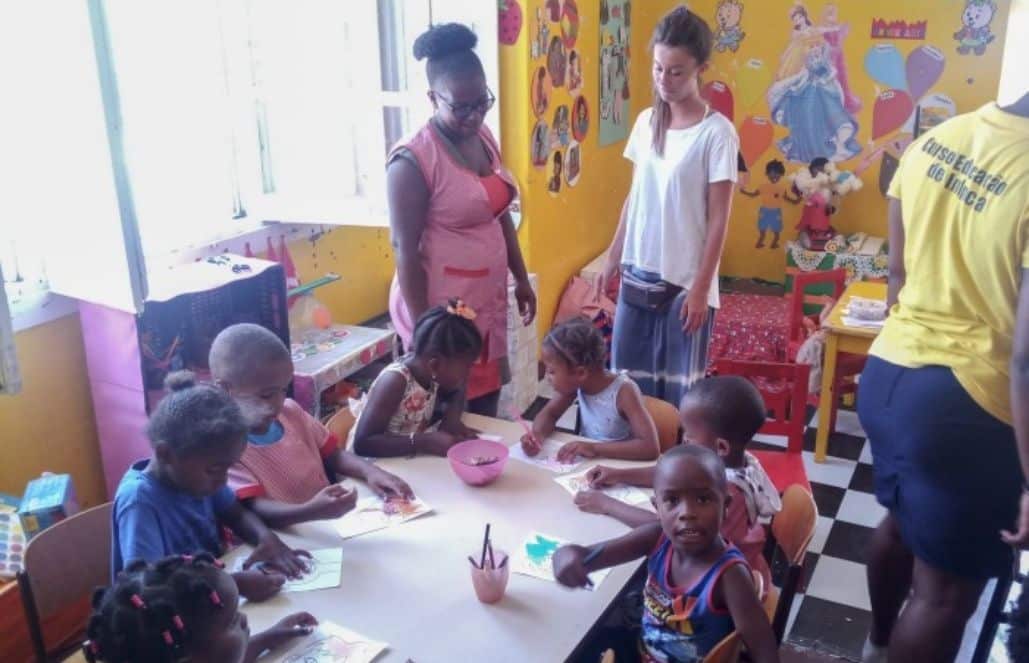
- Alternative Teaching in Kyoto, Japan: Volunteers support free schools in Kyoto, providing flexible education to students who thrive outside traditional settings. Responsibilities include assisting with lessons, leading creative activities, and engaging in cultural exchanges. Participants reside in shared housing, facilitating exploration of Kyoto’s rich heritage.
- English Teaching in Cape Verde: Set in Tarrafal, this program focuses on teaching English to local children, empowering their academic growth. Volunteers plan lessons, conduct classes, and organize educational games, all while experiencing Cape Verde’s vibrant island culture and scenic beaches.
- Childcare Volunteering in El Nido, Philippines: Participants assist in early childhood education for children aged 3 to 5, focusing on basic English, hygiene, and creative expression. Volunteers collaborate with local staff to create engaging lessons and activities, all set against the backdrop of El Nido’s stunning beaches and landscapes.
Projects Abroad offers teaching volunteer programs across the globe that are highly flexible and beginner-friendly. With 30+ years of experience, they run initiatives in countries like Mongolia, Jamaica, Cambodia, Mexico, and many more.
As a volunteer teacher with Projects Abroad, you’ll work alongside local teachers in schools or community education centers, helping students improve their English through games, songs, and one-on-one support. You’ll receive guidance and training on-site, and each project has dedicated staff to support you every step of the way.
Volunteers get to add valuable classroom experience to their résumé, developing skills in communication, leadership, lesson planning, and cross-cultural teamwork.
African Impact runs teaching volunteer projects in Africa that combine classroom education with community development.
In Zambia, volunteers serve as teaching assistants in rural primary schools (near the iconic Victoria Falls), helping children with literacy and numeracy and even running fun after-school clubs like reading or math games.
In Zanzibar, the Teaching & Community Support project involves teaching English to enthusiastic young learners and supporting educational activities in local community centers.
African Impact’s programs emphasize a variety of activities – you might tutor one-on-one, lead educational games, or share skills with local teachers to enhance their methods. These projects are fully supported by African Impact’s staff, and volunteers are provided accommodation, meals, and 24/7 in-country support.
Involvement Volunteers International (IVI) is a non-profit charity with 35+ years of experience in volunteering abroad. IVI offers a wide range of teaching volunteer programs in over 15 countries worldwide. These projects are designed to be affordable and meaningful, and IVI ensures that volunteer fees directly benefit the local communities rather than corporate profits.
New educators can join teaching placements in various settings: from rural village schools in Asia to community education centers in Africa. For instance, IVI volunteers have taught English to primary students in the Philippines and to Monks in Nepal, gaining exposure to different age groups and curricula.
IVI programs typically include accommodation, meals, and in-country support, and can be tailored to short-term or long-term stays. By volunteering with IVI, you’ll not only build teaching skills and cross-cultural confidence, but also support the education of underprivileged students in a sustainable, responsible way.
Volunteering Solutions offers a variety of teaching volunteer projects, making it easy for new educators to find a placement that fits their interests. Established in 2007, VolSol has placed over 25,000 volunteers in 25+ countries and is known for its affordable, flexible programs.
Volunteers can teach in settings like schools and community centers, focusing on conversational English and basic subjects to help disadvantaged students. From monastery schools in Thailand to slum education projects in India, VolSol’s opportunities let you gain first-hand classroom experience while spreading the light of education to those in need.
For those who do want formal training, Volunteering Solutions also provides an online 120-hour TEFL course (in partnership with TEFL UK) that you can complete at your own pace.
Global Vision International (GVI) runs specialized programs that blend TEFL certification with practical teaching experience.
In Cambodia, GVI offers a TEFL and Teaching English Apprenticeship based in Siem Reap, where participants undergo about three months of teacher training and earn an accredited TEFL certificate, then put their skills to use in a three-month work placement at a local educational project. This 6-month apprenticeship is a fantastic way for aspiring teachers to get intensive training and hands-on experience in a vibrant cultural setting.
Likewise, GVI’s Teaching English & TEFL Internship in Thailand (Phang Nga province) allows you to gain a TEFL qualification while volunteering as an English teacher in the community from day one. Interns assist with critical education projects in local schools (set against Thailand’s beautiful Andaman coast) and receive extensive support and mentorship throughout.
Overall, GVI’s initiatives offer new educators an immersive pathway to become certified teachers, gain international classroom experience, and directly contribute to improving education for children in under-resourced communities.
Best Practices for First-Time TEFL Teachers
Starting as a TEFL teacher can be challenging, but these essential practices can help:
- Plan with Purpose: Clearly define what you want students to achieve each lesson. Focus activities toward these objectives.
- Classroom Management: Be approachable yet firm, creating a respectful and comfortable learning environment.
- Maximize Student Interaction: Limit your speaking time. Promote interaction through pair and group activities and class discussions.
- Adapt and Stay Positive: Lessons won’t always go as planned. Reflect afterward, identify strengths and weaknesses, and adjust your strategies accordingly.
Tip: Seek advice and support from experienced colleagues; most remember their own early teaching experiences.
Cultural Considerations When Teaching English Abroad
Teaching abroad involves adapting to different cultural norms:
- Respect Local Customs: Observe local teaching practices. Some students might hesitate in open discussions due to cultural norms; adjust your methods accordingly.
- Show Interest and Respect: Learn basic greetings and thank-yous, adhere to local dress codes, and integrate students’ cultural traditions into lessons.
Tip: Research your host country’s cultural norms beforehand and continually learn from colleagues and locals.
TEFL Teaching Made Easy!
As a beginner on this TEFL journey, you’ll find there’s a lot to learn. Take it step by step: get trained, start gaining experience, and stay curious and open-minded. Whether you end up volunteering in a rural village or landing a job at a bustling city language school, remember that every class you teach helps bridge communication and culture.
So equip yourself with the right tools, keep this guide’s tips in mind, and most importantly, enjoy the adventure. Good luck on your TEFL journey – you’ve got this!


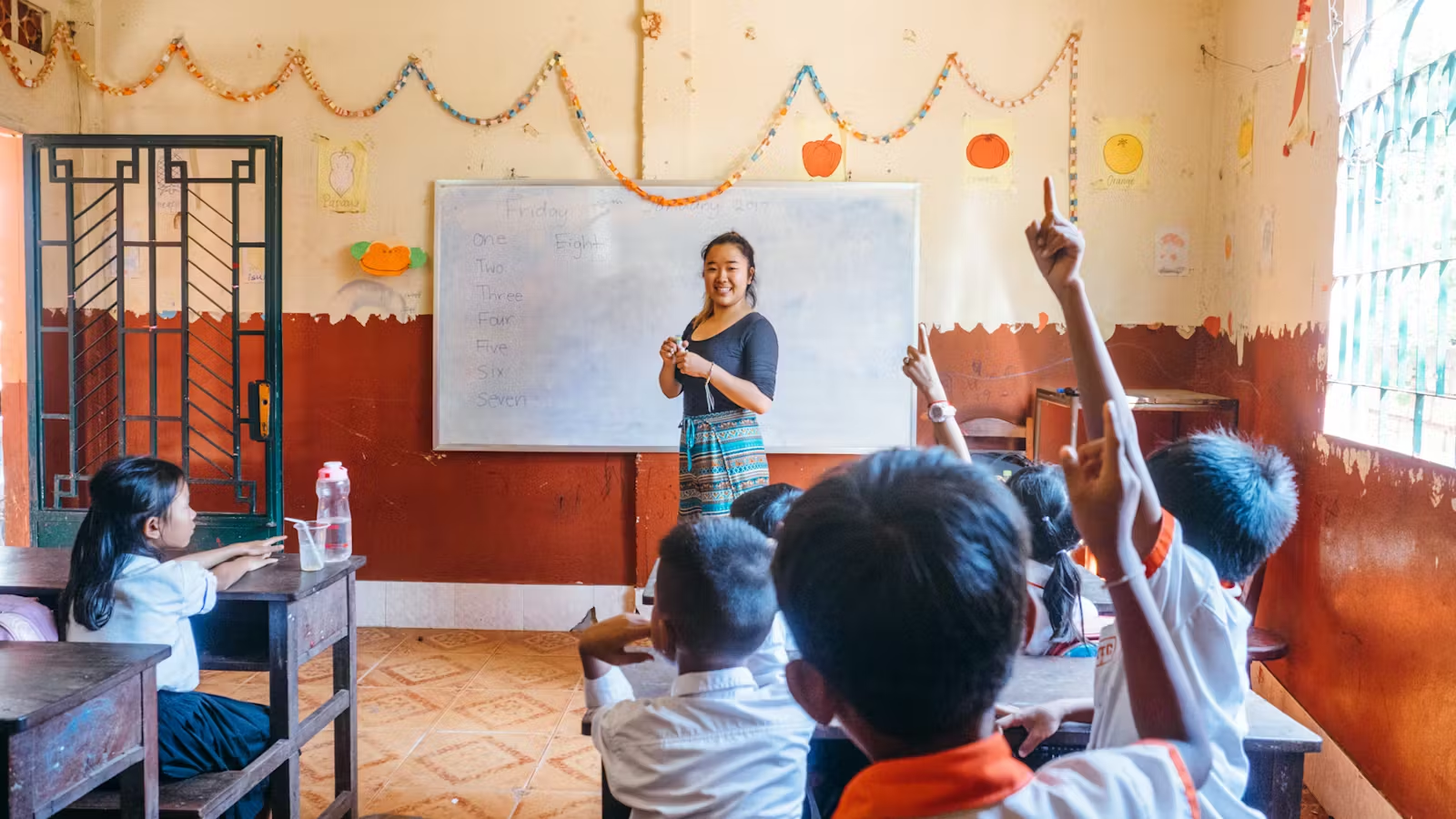












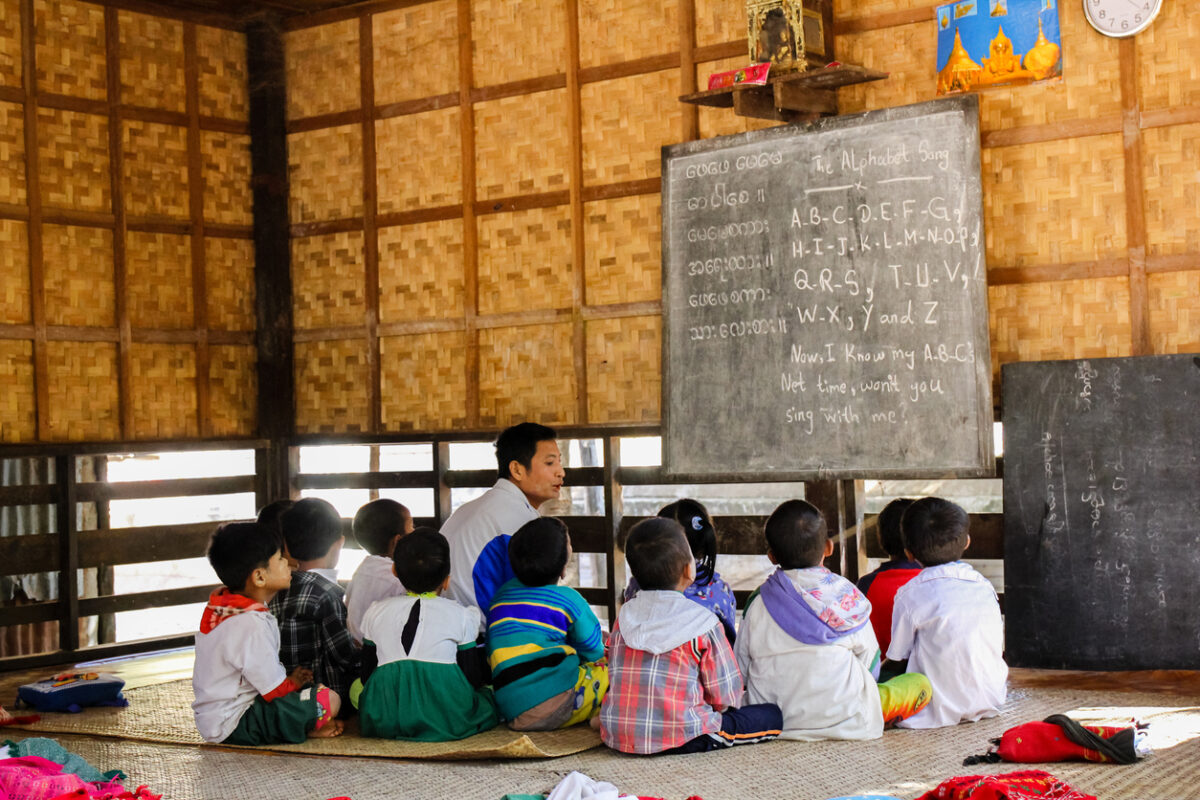


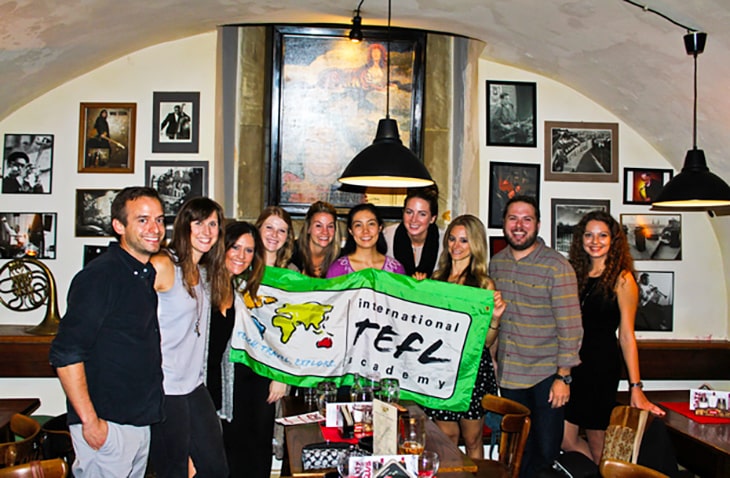






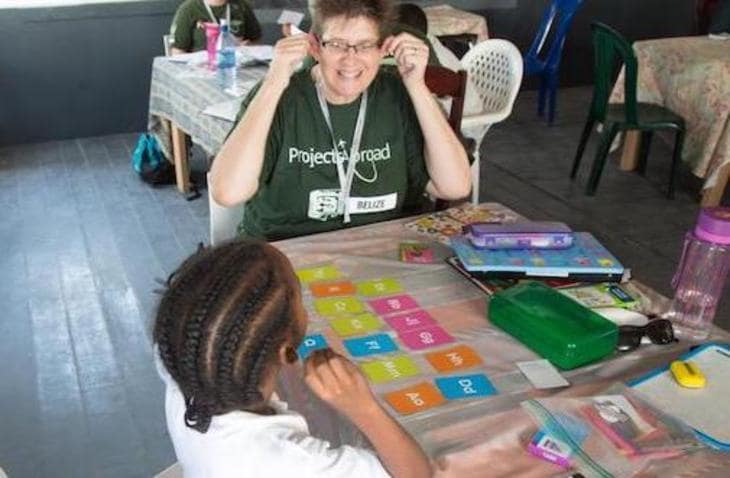
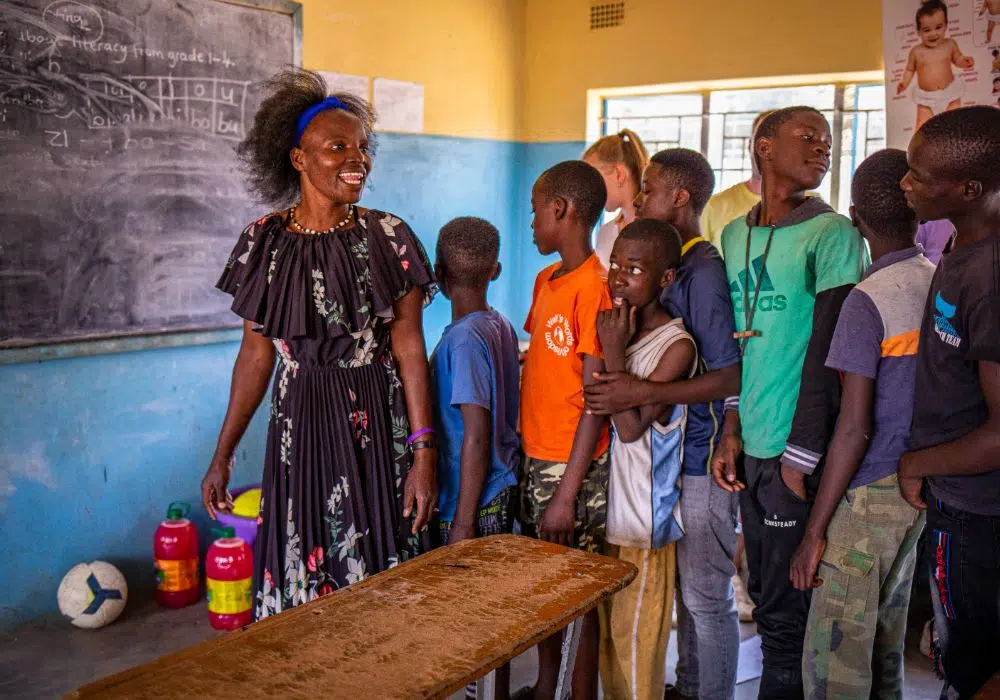
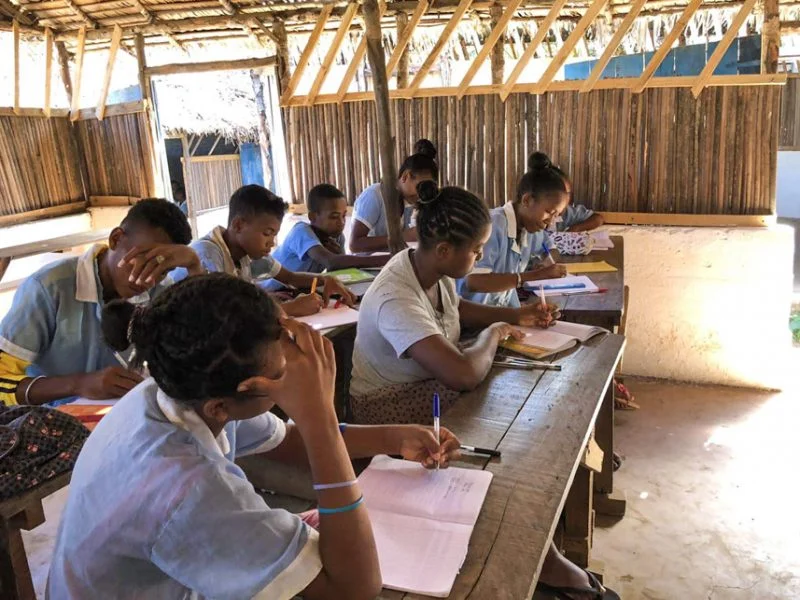
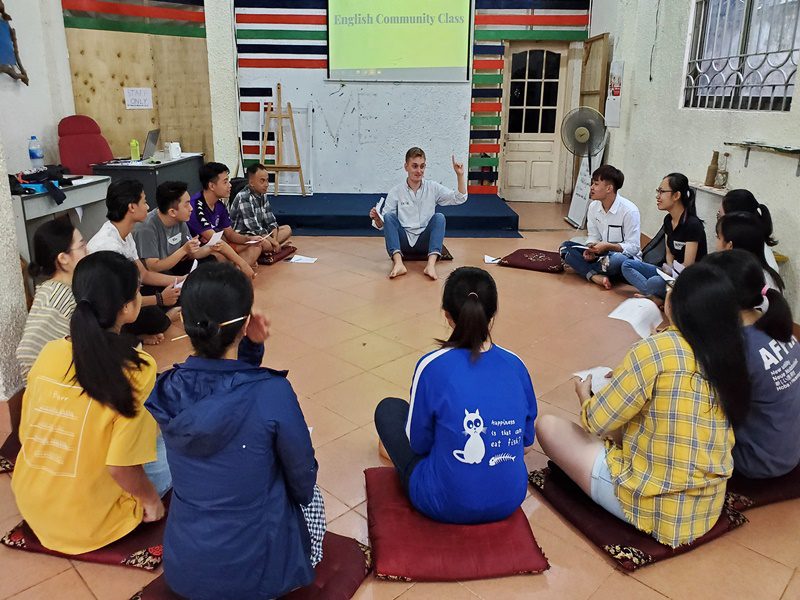
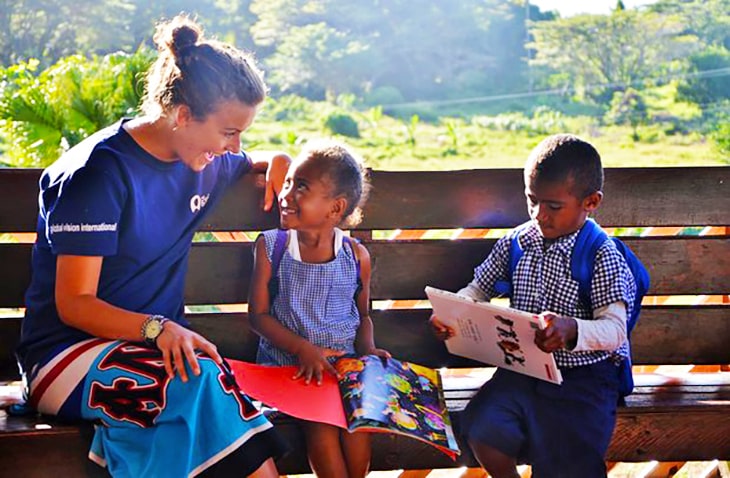
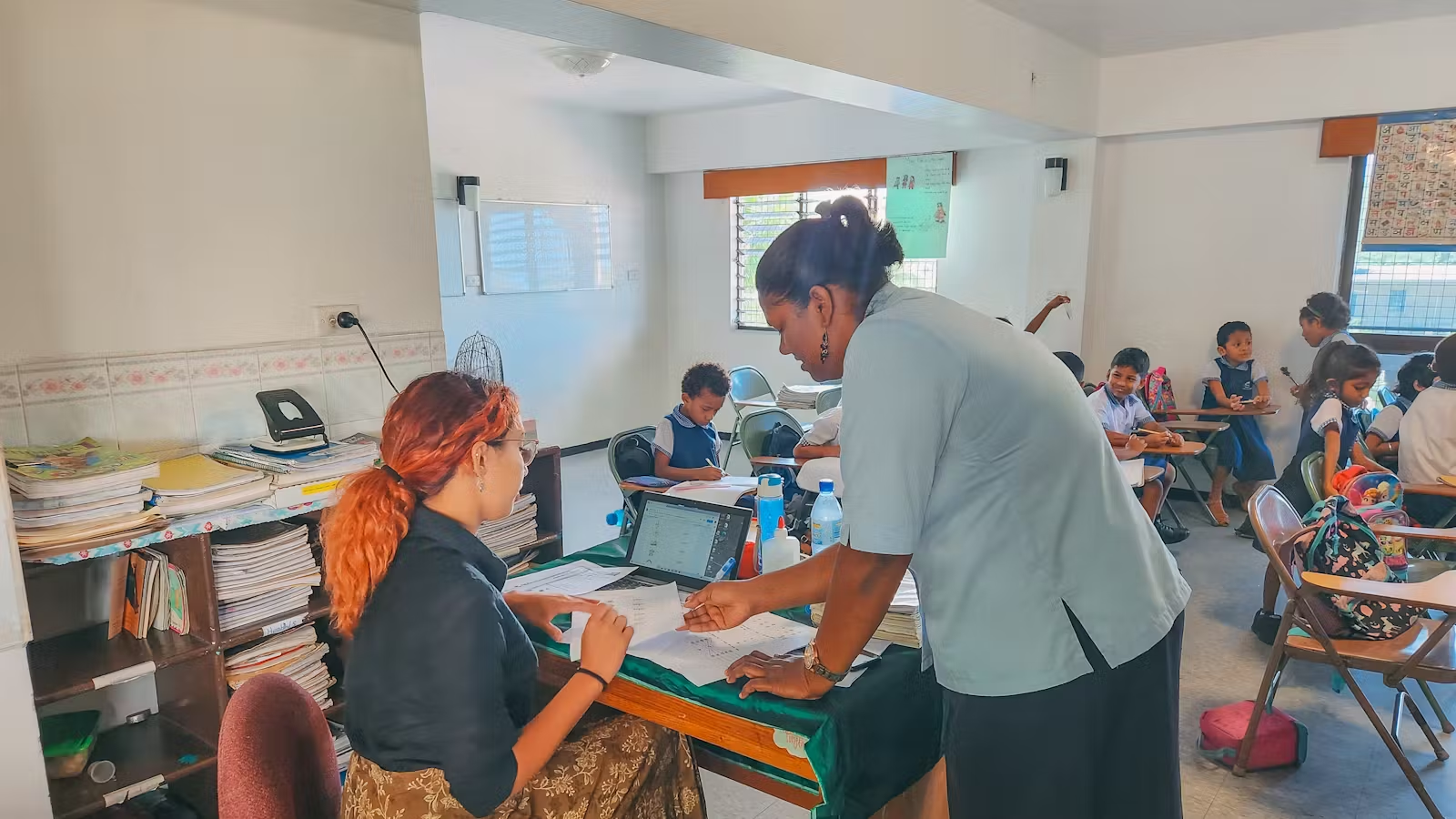
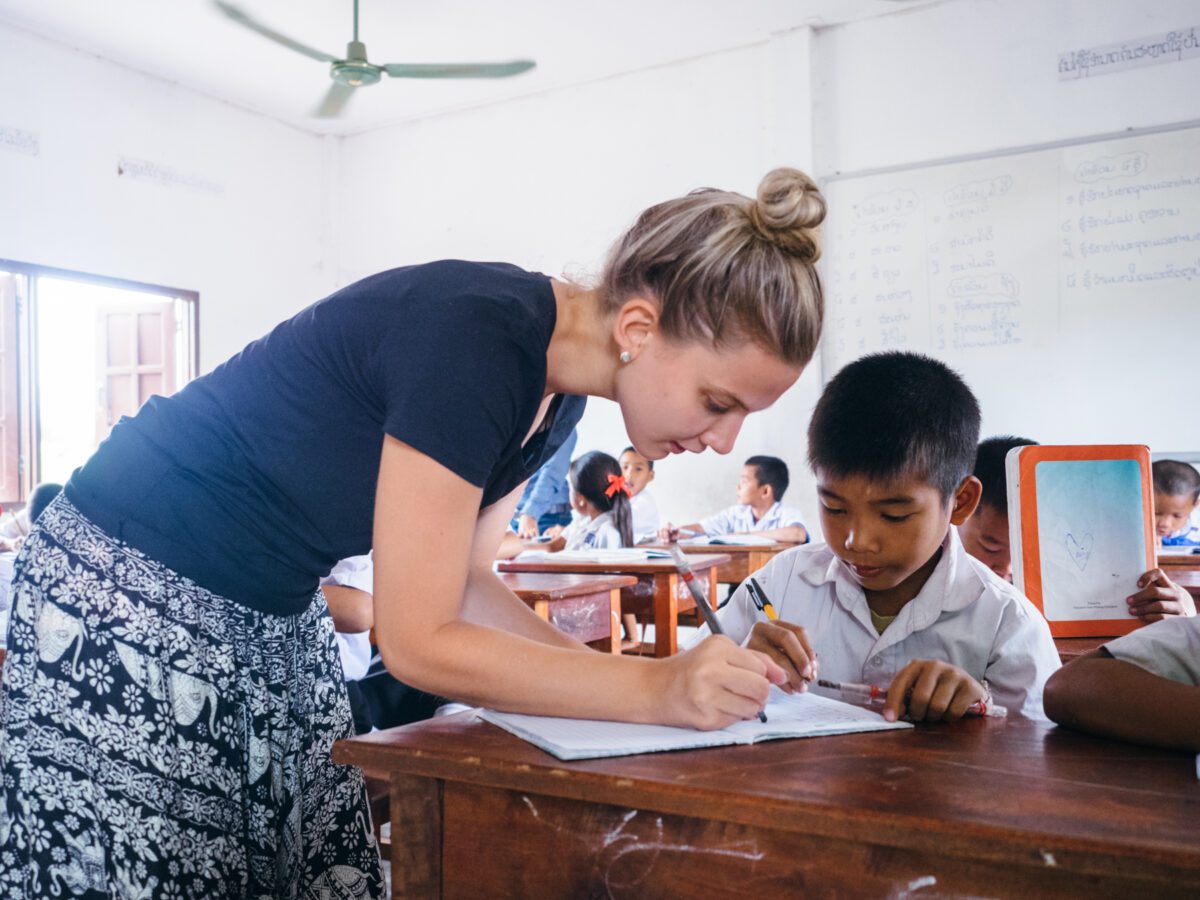






Munira Maricar · Travel Writer
With an international living background spanning Singapore, Qatar, Japan, and Mexico, Munira enjoys sharing insights on immersive travel while emphasizing the vital role of cultural respect and ethical engagement. Her extensive experience offers a unique perspective that inspires others to explore the world through service, ensuring that every journey respects and contributes positively to local traditions and communities.